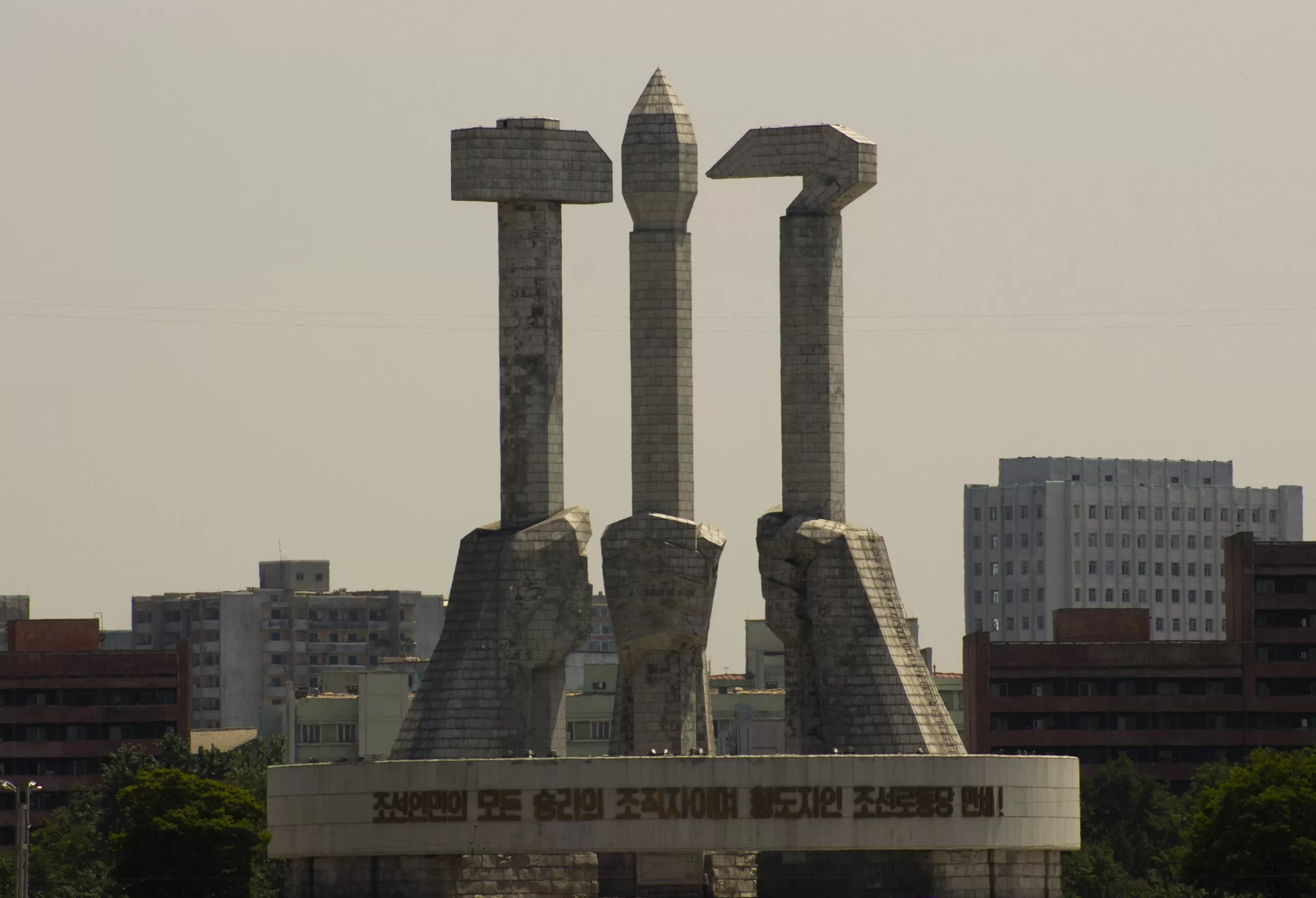
 In a letter sent to staff and students of the Kim Il-sung University in Pyongyang, North Korean leader, Kim Jong-un, has announced that the institution must become, “world class,” along with a number of methods for achieving this goal. The letter was sent on September 26, 2016, on the university’s 70th anniversary, and was made public early this month.
In a letter sent to staff and students of the Kim Il-sung University in Pyongyang, North Korean leader, Kim Jong-un, has announced that the institution must become, “world class,” along with a number of methods for achieving this goal. The letter was sent on September 26, 2016, on the university’s 70th anniversary, and was made public early this month.
Plans for establishing the institution among the best in the world include holding international academic seminars, expanding its research and collaborating with prestigious universities and organizations in other nations. Further ideas include admitting foreign students wishing to learn Korean and sending domestic PhD students to other countries.
Similar announcements have been made in the past and are routinely published at the university for the purposes of propaganda, but statements from Kim Jong-un himself are rare.
The letter lays out a long-term plan in which the university is challenged to, “improve the content of education, teaching methods, education system and management of teaching in conformity with the characteristics of the most prestigious universities.”
However, the seriousness of this goal appears undermined by the constant peppering of propaganda, such as:
There are many famous universities in the world proud of their long history and time-honoured traditions, but Kim Il-sung University is the only one that is glorious with the great name of the Sun revered by the world and is brilliant with the imperishable leadership exploits of the national leaders.
Achievable? Believable?
 Not only is the achievability of this goal questionable, its sincerity may also be dubious. The reaction to the letter from the global higher education sector has been one of scepticism, in which the announcement comes across as nothing more than domestic propaganda.
Not only is the achievability of this goal questionable, its sincerity may also be dubious. The reaction to the letter from the global higher education sector has been one of scepticism, in which the announcement comes across as nothing more than domestic propaganda.
North Korea remains one of the most cut-off nations in the world due to international sanctions and an oppressive dictatorial regime which restricts its citizens’ access to international media. The country has a high rate of poverty and has, at best, strained diplomatic relations with most major countries. This makes any attempt at international collaborations and academic development very difficult.
The lack of infrastructure in place, due in part to North Korea’s economic state and the international sanctions placed upon the country, means there is a noticeable gap between its research capabilities when compared to other nations. This, coupled with governmental fear about international criticism and exposure, is another reason for North Korea’s continuing reluctance to allow foreign academics access to the country.
The lack of freedom within the country is also a major hindrance to the plans. Intellectual freedom is essential for academic development, and the letter itself strongly suggests that this is unachievable:
Today the university is faced with an ennobling task for making a positive contribution […] by training a greater number of talented revolutionaries who are faithful to the Party and the revolution…
An opening nation?
 On the other hand, some academics have noted an increase in the nation’s openness recently. The International Peace Foundation organized a visit in April for three Nobel Laureates Aaron Ciechanover (chemistry), Finn Kydland (economics), and Richard Roberts (physiology/medicine). Despite the success in organising the trip, Roberts noted that the lack of infrastructure, and the lack of access to the internet, meant that scientific development was hugely restricted.
On the other hand, some academics have noted an increase in the nation’s openness recently. The International Peace Foundation organized a visit in April for three Nobel Laureates Aaron Ciechanover (chemistry), Finn Kydland (economics), and Richard Roberts (physiology/medicine). Despite the success in organising the trip, Roberts noted that the lack of infrastructure, and the lack of access to the internet, meant that scientific development was hugely restricted.
Historically, student exchanges with North Korea have been incredibly difficult, with agreement needed from the government. Within the last few years this has slowly become more common, with exchanges taking place not only in Asia, but also in Europe and North America. Despite these developments, a significant amount more change seems necessary before the Kim Il-sung University can become truly world class.
Interested? Leave a comment!



